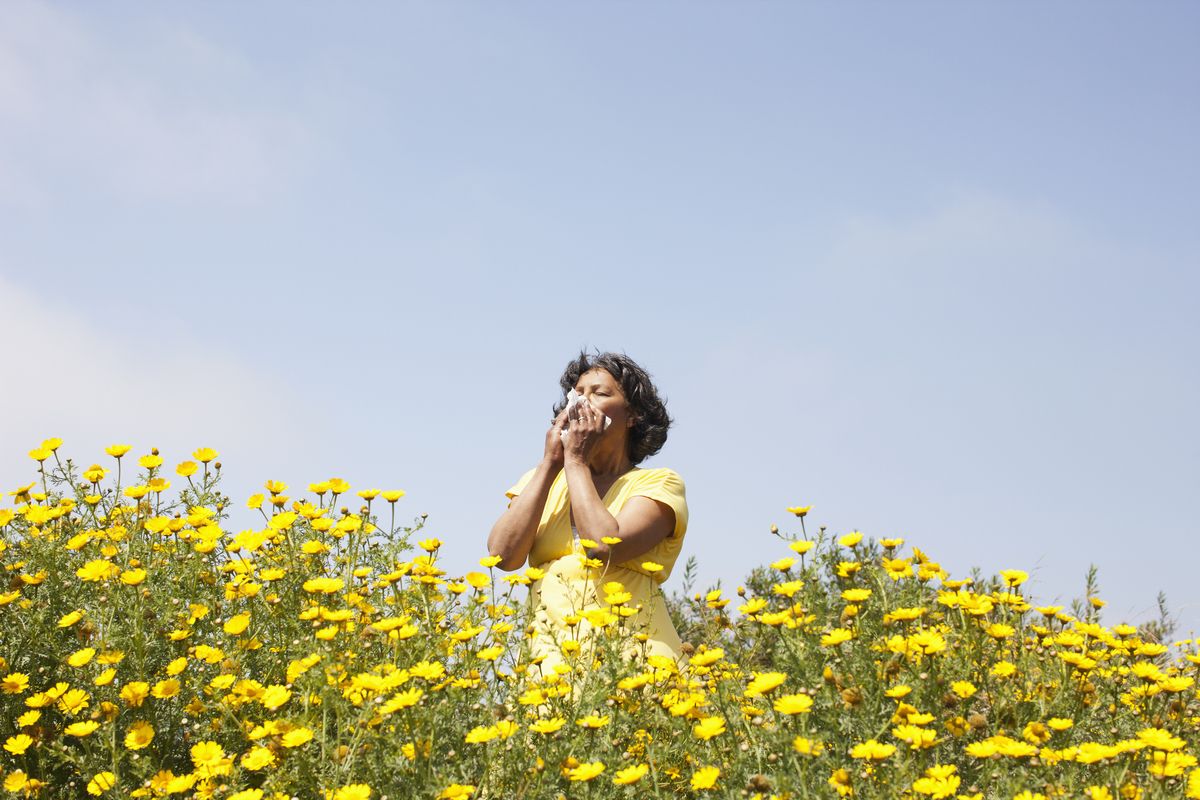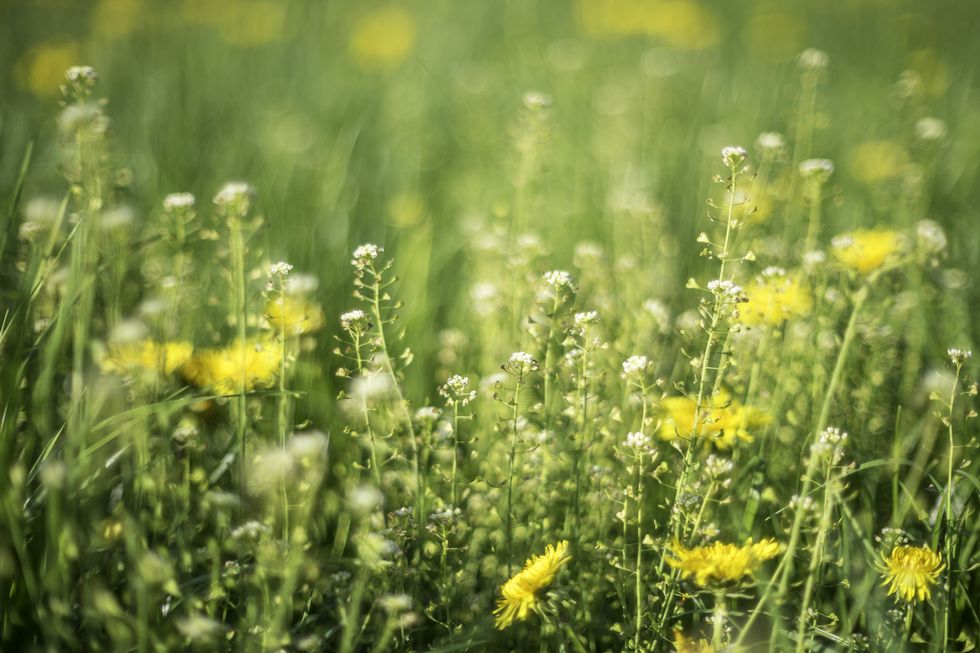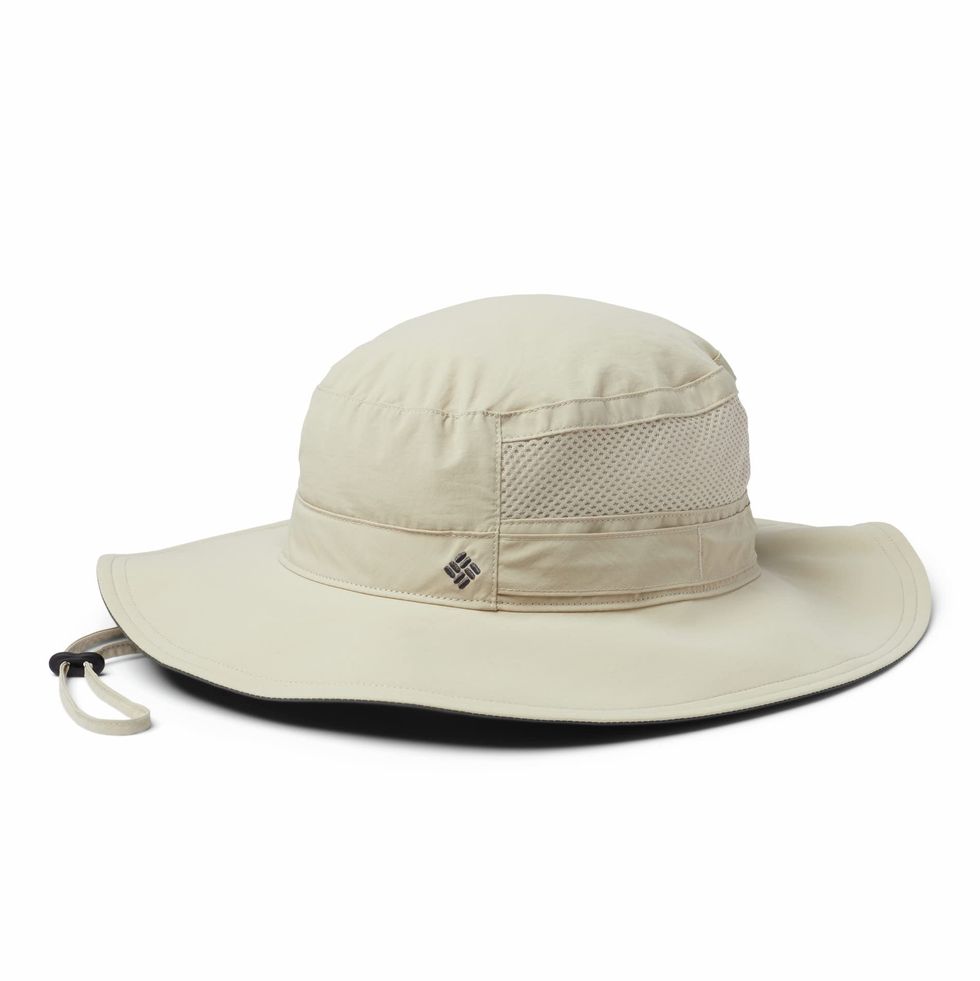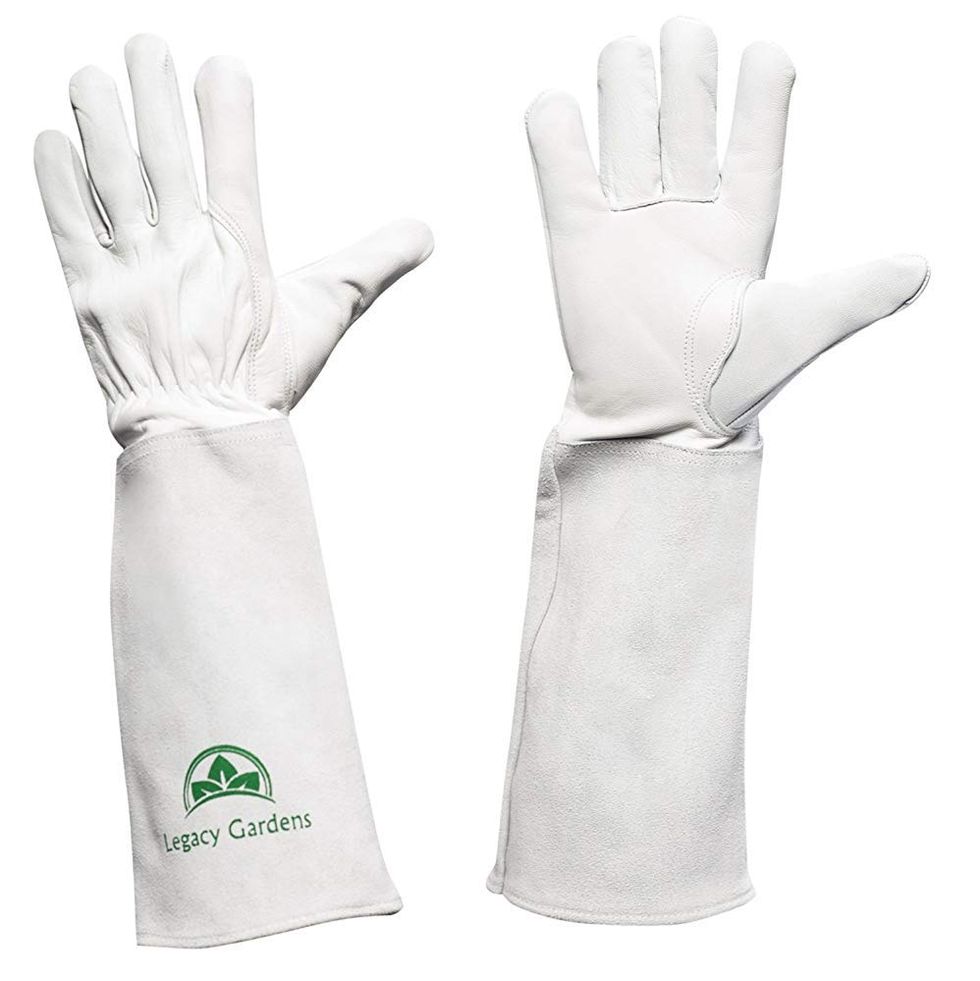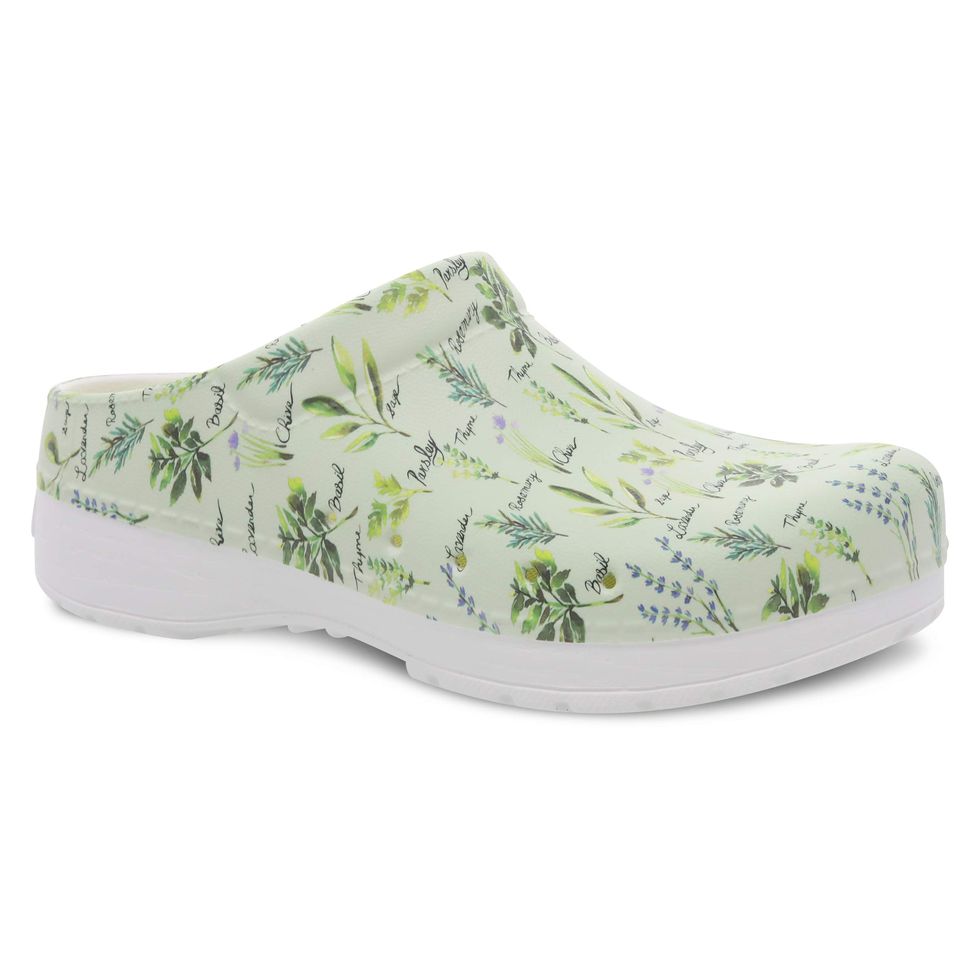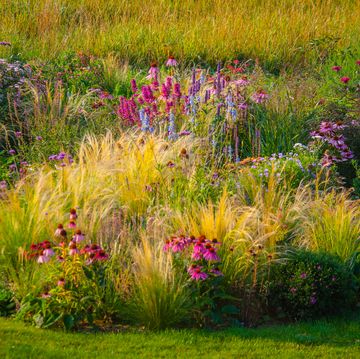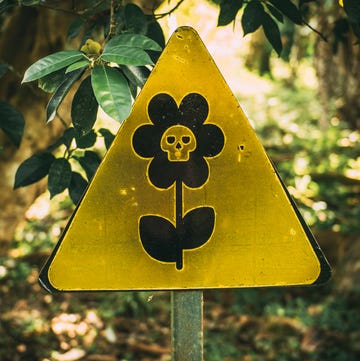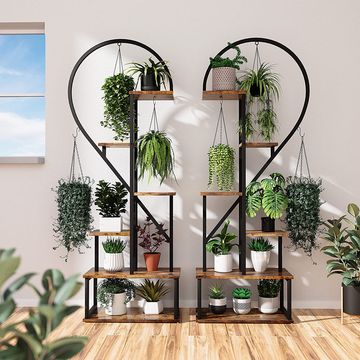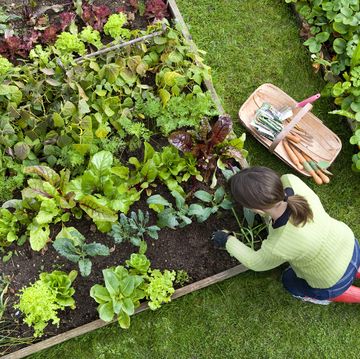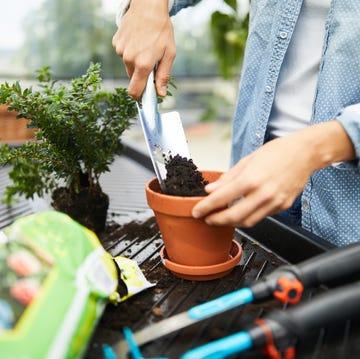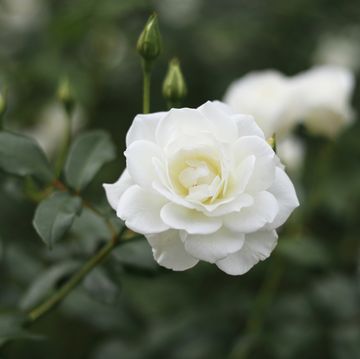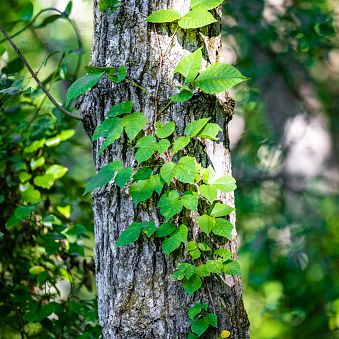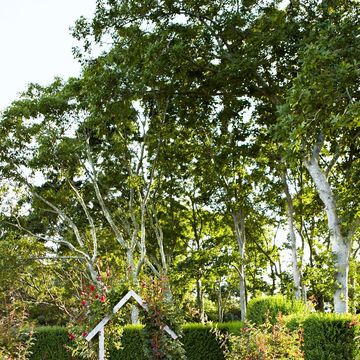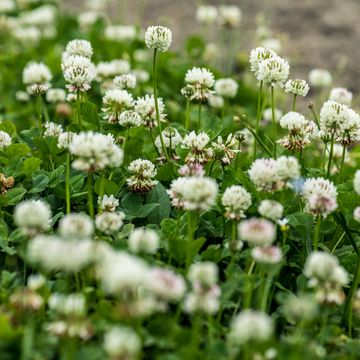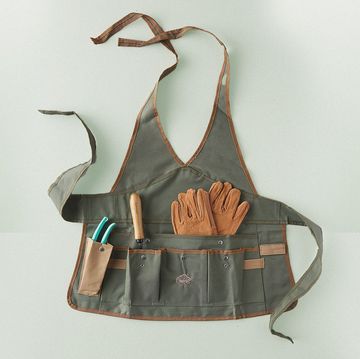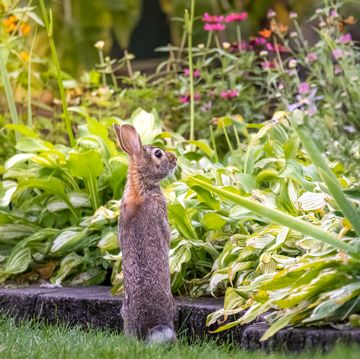It's sad, but true: Some of us struggle with allergies all season long, so that gardening becomes more of a chore than a joy. But there are things you can do to make the experience less itchy-eyed, sniffly and sneeze-y. And chief among them is avoiding the plants you should never have in your garden if you have allergies.
The good news is that certain types of trees, shrubs and flowers may be less likely to cause allergy symptoms. "We recommend plants that use only insects to pollinate," says Melanie Carver, chief mission officer for the Asthma and Allergy Foundation of America (AAFA). "Their pollen grains are much heavier and don’t travel through the air as easily."
Insect-pollinated plants typically are those that have large, bright petals with sticky or spiky pollen that adheres to pollinators. Plants that require insect pollinators include an array of beautiful flowers including annuals such as viola, geranium, lobelia, begonia, impatiens, and perennials such as daylilies, geum, and heuchera.
More From House Beautiful
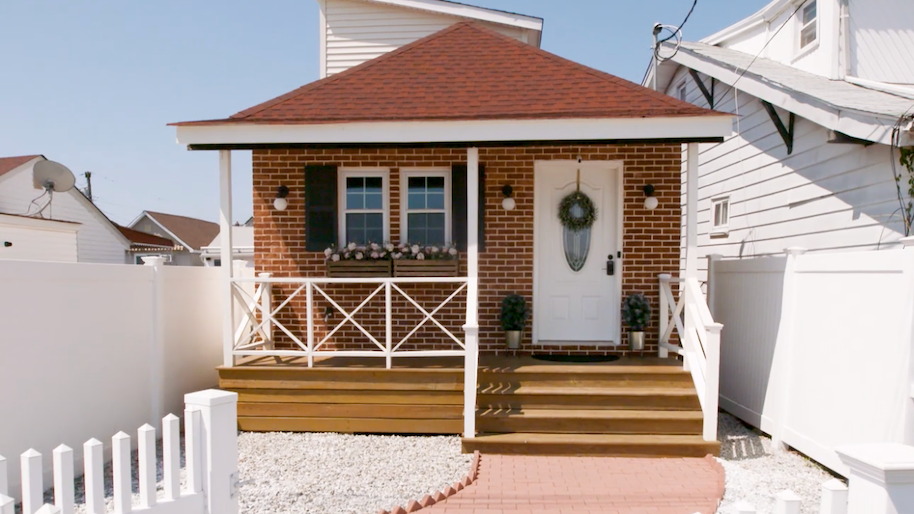
Another way to make your garden more allergy-friendly is to check out the Ogren Plant Allergy Scale System (OPALS). It explains which plants are most likely to cause pollen allergy symptoms, says Carver. The scale also lists plants such as cuphea, catmint, petunia, Russian sage and milkweed as great alternatives that are less likely to trigger allergy symptoms.
In addition, you may want to use gravel, oyster shells, or low-growing groundcovers, such as vinca or pachysandra, instead of wood chips or mulch in your landscape beds. Mulch can encourage mold growth, which is an issue for some allergy sufferers, says Carver.
What Are the Worst Plants for Pollen Allergies?
Even more important than planting the right flowers and plants is avoiding the wrong ones. These common trees and shrubs are some of the ones that cause the most allergy symptoms, according to AAFA and OPALS, so, allergy-sufferers, keep these out of your yard:
- Arborvitae
- Alder
- Ash
- Aspen
- Beech
- Birch
- Bottlebrush
- Cottonwood
- Juniper
- Oak
- Poplar
- Willow
Grasses that cause the most allergy symptoms include:
- Bahia
- Bermuda
- Fescue
- Kentucky blue
How Do I Avoid Pollen?
Sadly, it's impossible! And while choosing plants that are less likely to produce pollen is a great idea, you're obviously not going to rip out your lawn, mature trees, or shrubs that already exist in your landscape.
That being said, there are ways to limit your exposure to pollen when you’re gardening. "Know what you're allergic to, and try to avoid gardening when those types of pollen levels are highest," says Catherine Monteleone, MD, professor of medicine, Department of Allergy and Immunology at Rutgers Health at Rutgers, the State University of New Jersey. "The biggest offenders are trees in spring, grasses in summer, and weeds in fall, though there's overlap in every season."
If you plan to spend time in your garden, Dr. Monteleone suggests taking the following precautions:
- Take your allergy meds before you head outdoors, and start them early in the season before your symptoms kick in.
- Garden in the morning or evening when pollen counts are lowest. You can put an alert on your phone to tell you the daily pollen readings.
- Check air quality, which can impact everyone who is outdoors, especially if you have allergies or asthma.
- Avoid gardening when it's windy, because pollen blows around everywhere. On a breezy day, "pollen such as ragweed can travel for hundreds of miles," says Dr. Monteleone.
- Wear a hat and sunglasses if you're gardening to keep pollen out of your hair and eyes.
- Shower and wash your hair as soon as you come in from gardening, and leave gardening shoes at the door. "You don't want to track pollen indoors and continue to inhale pollen from your clothes, and you don't want pollen on your pillowcase so you're inhaling it all night," advises Dr. Monteleone.
- Wash and dry gardening clothes on hot to remove allergens.
- When indoors, keep your windows closed and run your air conditioner on recirculate (if that's an option on your unit). That way, pollen remains outdoors.
Arricca Elin SanSone has written about health and lifestyle topics for Prevention, Country Living, Woman's Day, and more. She’s passionate about gardening, baking, reading, and spending time with the people and dogs she loves.
